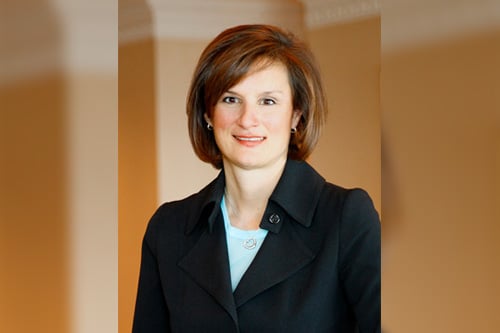Jo-Anne Ryan from TD Wealth explains how advisors can help their clients make contributions in the most effective way

More Canadians are giving money to charity than ever before and advisors have an important role to play in ensuring their clients make those contributions in the most effective and tax efficient way.
A recent survey conducted by TD discovered that 47% of Canadians make financial contributions to charitable organizations throughout the year, with 58% choosing to support charities they have a personal connection to. The survey also found that 55% plan to include, or would consider including, a charity as a beneficiary for part, or all, of their estate.
“When a client bequests to a charity in their will they will be issued a charitable donation receipt that can be used to offset taxes in the year of death and the year preceding death,” explains Jo-Anne Ryan, Vice President of Philanthropic Advisory Services at TD Wealth. “It’s important to contact the charity you are planning on leaving a legacy in order to inform them about the contribution and also help them understand if there is a particular program the client wants to benefit.”
Encouraging a client to make a donation in appreciated securities, like stocks, bonds, mutual funds, segregated funds or life insurance, rather than cash could create some significant tax savings for their estate.
“By donating securities, you not only get a donation receipt but you also eliminate the capital gains,” Ryan says. “Some people choose to use life insurance as a way of leaving a legacy. If a client gives that to the charity irrevocably during their lifetime, they get a charitable tax receipt for the premiums they pay each year and of course the charity gets the money upon the client’s death.”
While setting up a charitable foundation has historically been restricted to ultra-wealthy individuals, the introduction of donor-advised funds has given clients from all income brackets the ability to have more control over their charitable giving.
“It’s an easy way of setting up a mini-foundation under the umbrella of the Private Giving Foundation,” Ryan says. “The client doesn’t have to do any of the administration and governance or set up the structure with a lawyer, but they can still name it anyway they want and decide where the money goes each year.”
Helping clients with their philanthropic efforts represents a good opportunity for advisors to boost their value proposition and possibly attract some new business. Ryan encourages advisors to start conversations about estate planning and charitable giving and then work with clients to develop a philanthropic plan that reflects their values.
“We don’t like to see clients coming in at tax time with a pile of charitable tax receipts from a mishmash of different charities,” Ryan says. “Having a philanthropic plan will help your clients have a bigger impact because they will give larger amounts to fewer charities.”
Related stories:
What to do when couples clash on money matters
Study reveals generosity trends among Canadians



